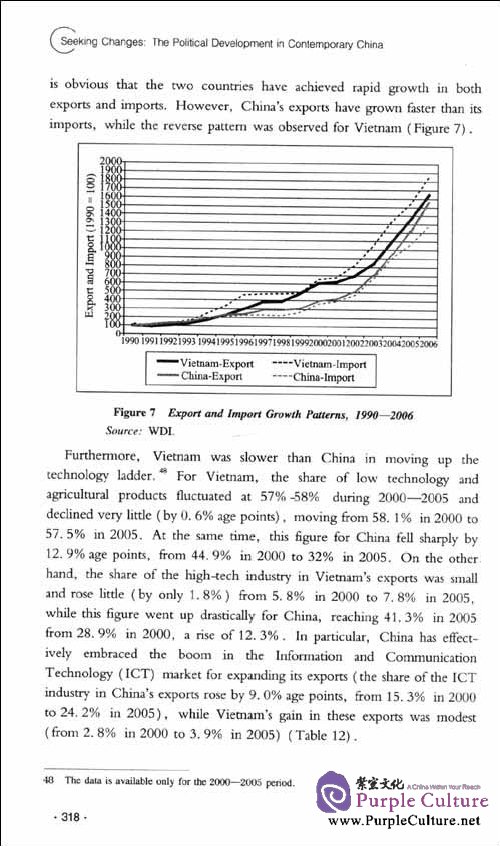Sample Pages Preview

According
to Ai Jiawen's detailed analysis of Chinese intellectuals' discourse on
Confucianism, three different approaches can be identified: while the
socialist approach, drawing on the essence of Chinese culture and
tradition, hopes to enrich and renovate Marxism, two other
approaches-Confucian (rujia) and liberal——contain more or less
subversive critiques of Marxism and the CCP, such as Kang Xiao guang's
vision of discarding Marxism, "Confucianizing" the CCP, and establishing
a Chinese " Confucian authoritarian regime" (Kang, 2005, 2007). In this
complex situation, it is impossible to trace a homogeneous view of
Confucianism. Instead, Ai Jiawen recommends speaking of a "
refunctioning" of Confucianism undertaken by the official party-state by
lifting the tradition out of its previous context, reconceptualizing
it, and investing it with new meanings ( Ai, 2008). In this sense,
official discourse can be seen as avoiding a head- on collision with
those interpretations of Confucianism that openly challenge Marxism,
and instead as emphasizing those elements of a reimagined tradition
which are compatible with Marxism: love of order and stability, strong
leadership, and social harmony.
